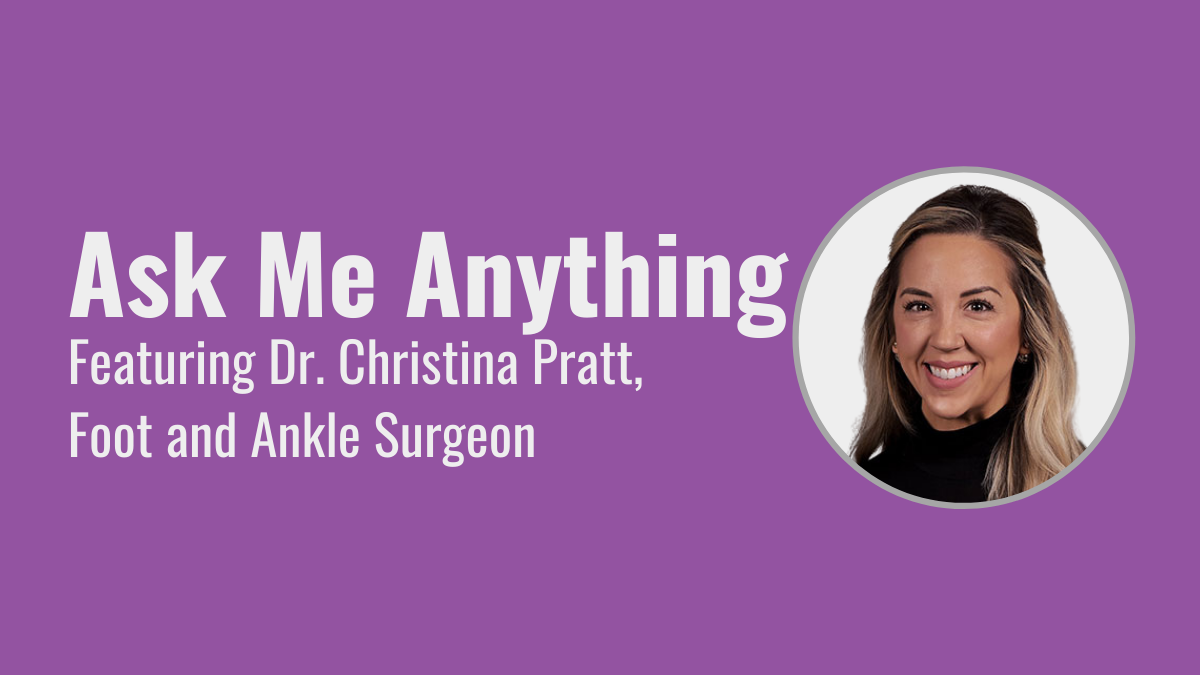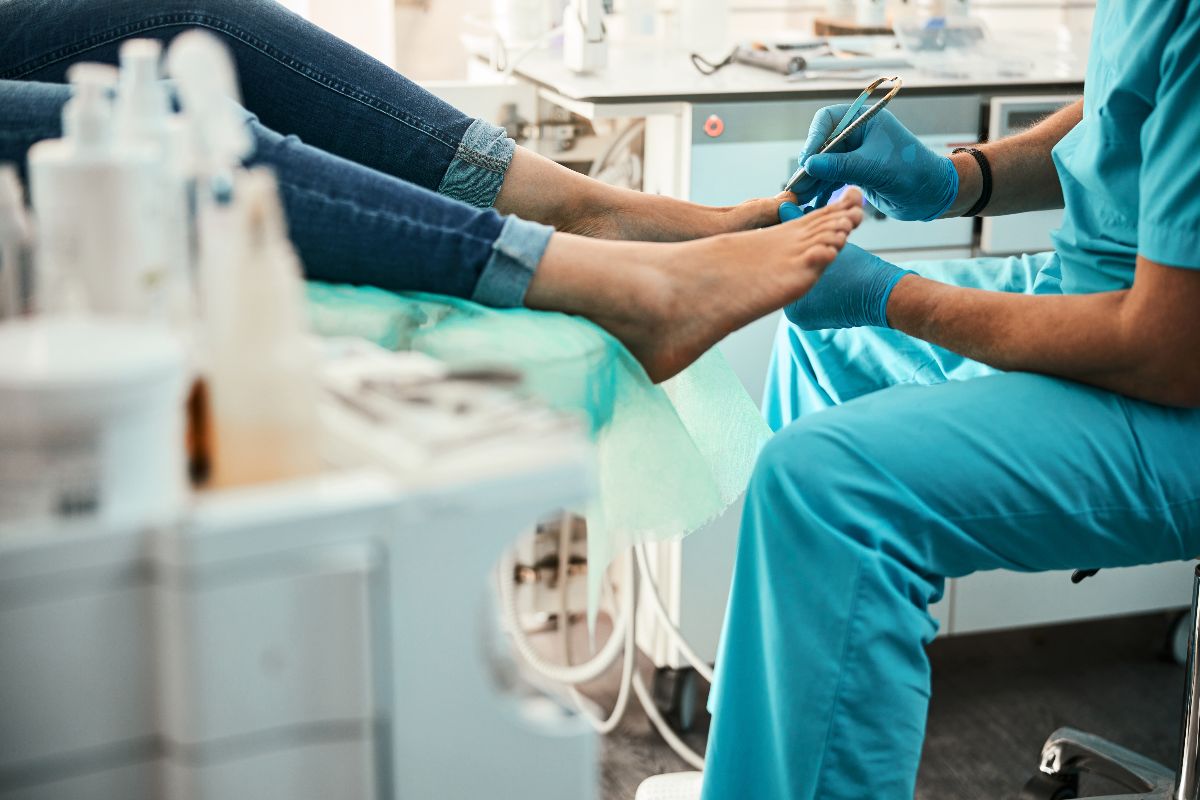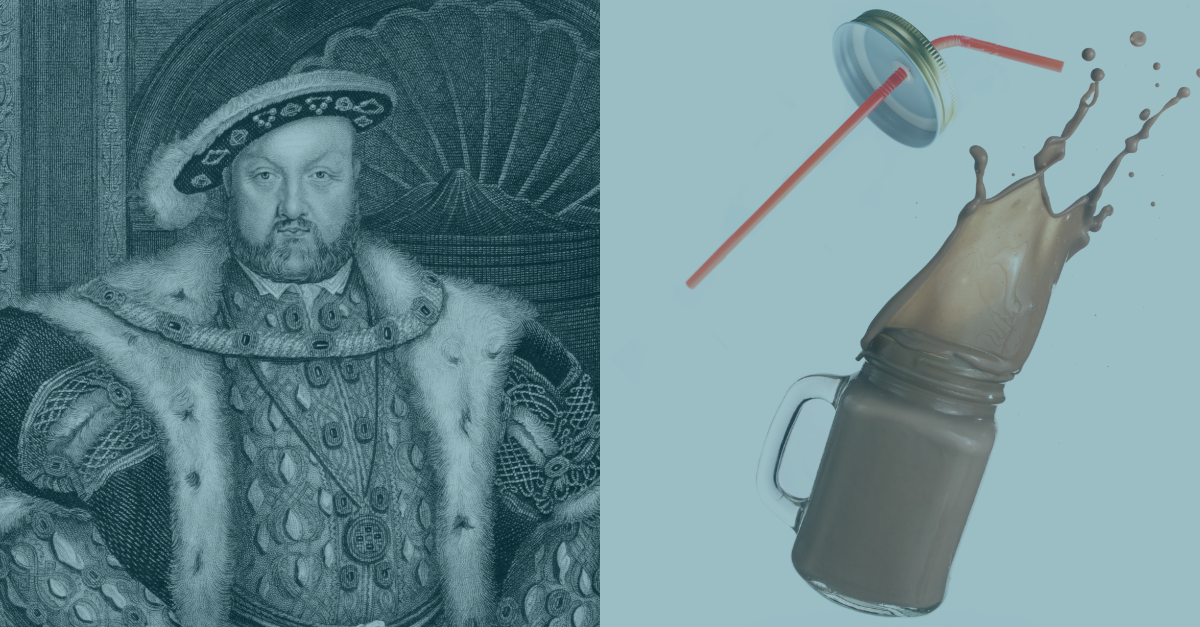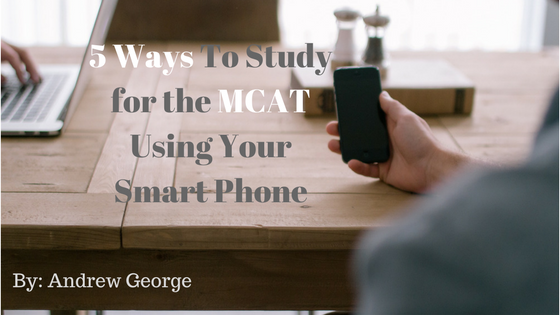You’ve likely heard the rumors about the dreaded Intern Year. It’s the worst of the worst. Say goodbye to your partner and hello to lonely days and nights. But are the rumors really true? And if they are, what can you do about it?
I remember when my husband was a few months into MS3, and we were feeling the med school blues. Third year was particularly challenging for my family, so I already felt like my life and relationship were struggling. One day, I happened to attend a “Baby and Me” yoga class with my nine-month old, and the mom sitting next to me started a conversation by asking me what my husband did. I replied “he’s in medical school,” and she just laughed and shook her head. She replied, “My husband is an intern. I wish someone had told me how horrible it was going to be. If you think it’s bad now, just wait. It gets so much worse.”















 Originally hailing from Puerto Rico, Dr. La Fontaine earned his bachelor’s degree in biology from Xavier University in Cincinnati, OH. He earned DPM degree from the Ohio College of Podiatric Medicine in 1995 and completed his residency in Podiatric Medicine and Surgery at the University of Texas Health Science Center at San Antonio in 1999. He has been widely published, holds leadership roles in multiple professional societies—including the American College of Foot and Ankle Surgeons, where he serves as a regional president, and the American Podiatric Medical Association—and has been named one of the “Most Influential 175 Podiatrists in the US” by Podiatry Magazine.
Originally hailing from Puerto Rico, Dr. La Fontaine earned his bachelor’s degree in biology from Xavier University in Cincinnati, OH. He earned DPM degree from the Ohio College of Podiatric Medicine in 1995 and completed his residency in Podiatric Medicine and Surgery at the University of Texas Health Science Center at San Antonio in 1999. He has been widely published, holds leadership roles in multiple professional societies—including the American College of Foot and Ankle Surgeons, where he serves as a regional president, and the American Podiatric Medical Association—and has been named one of the “Most Influential 175 Podiatrists in the US” by Podiatry Magazine.



